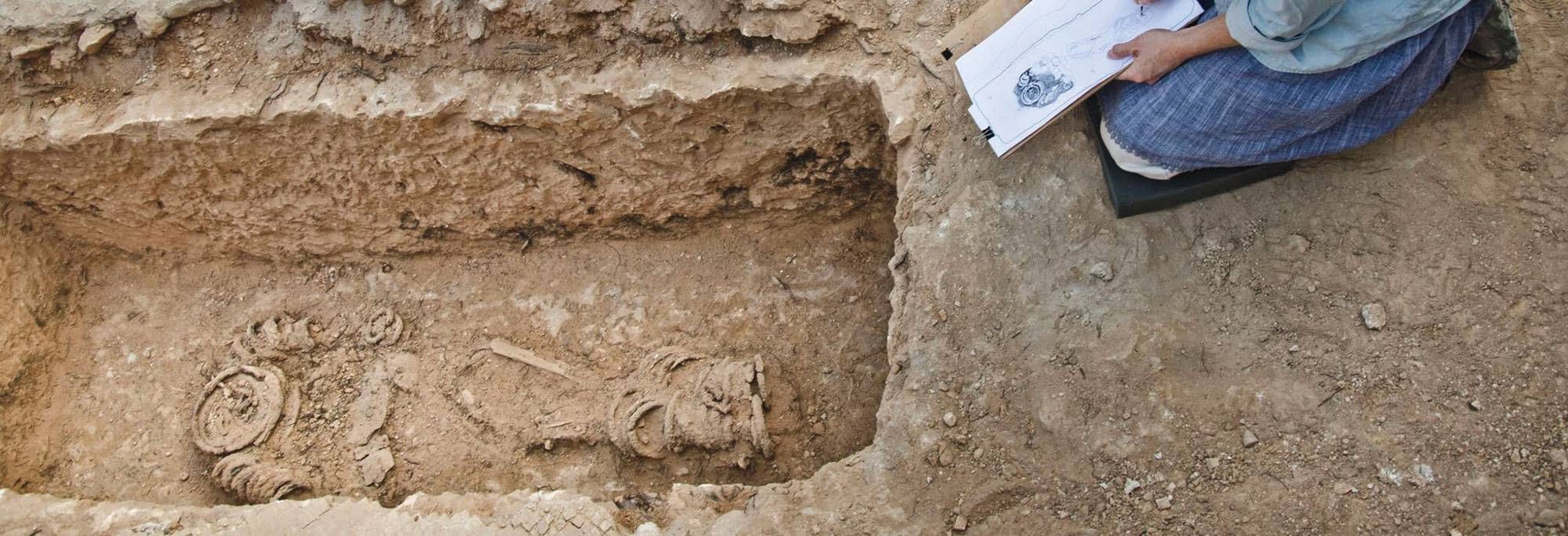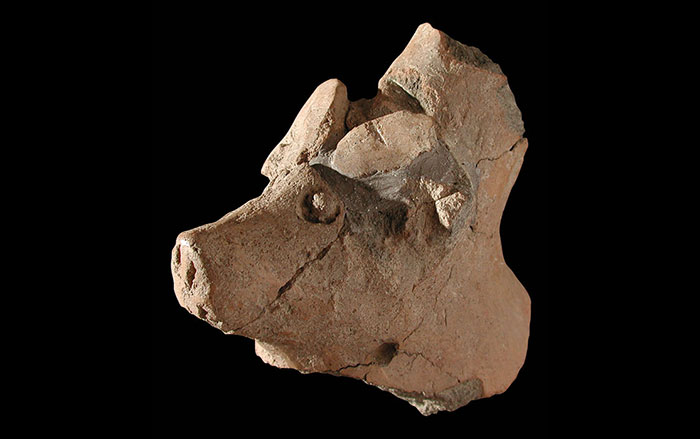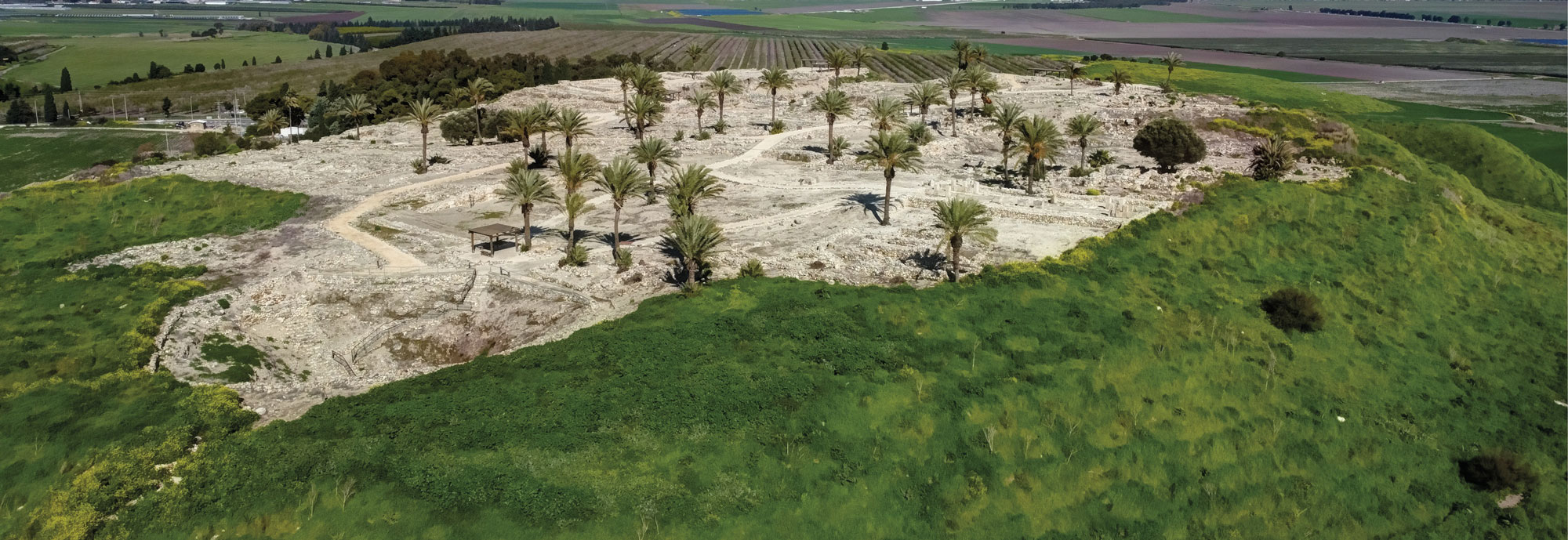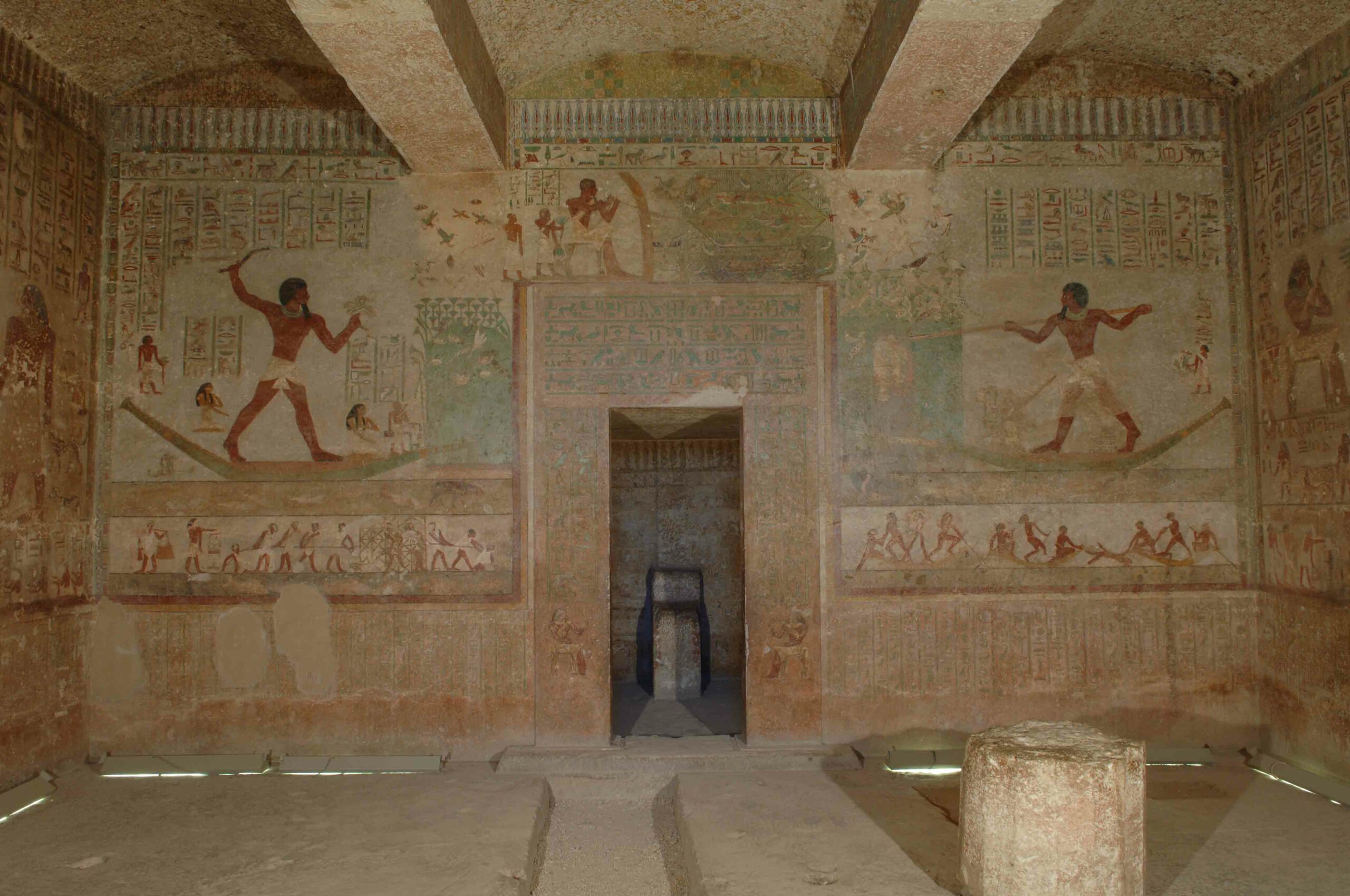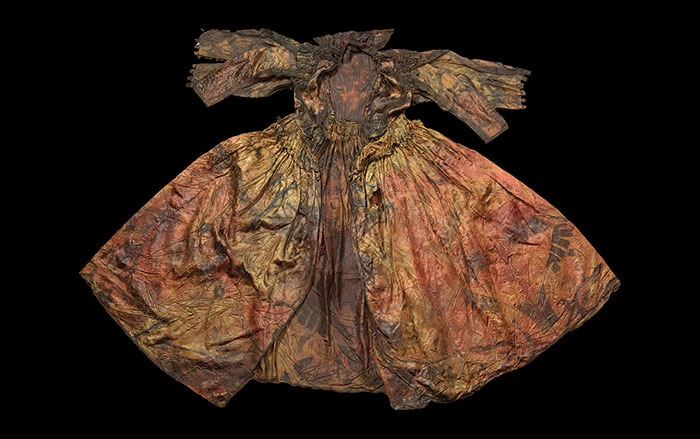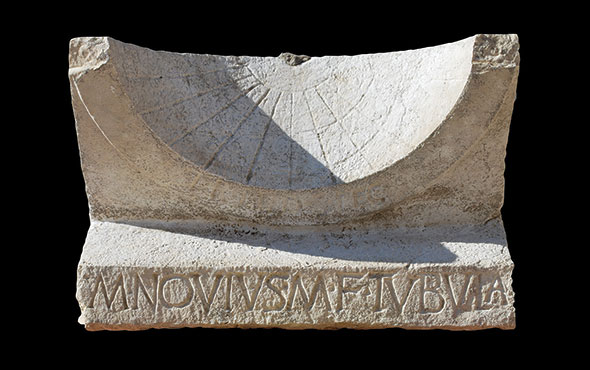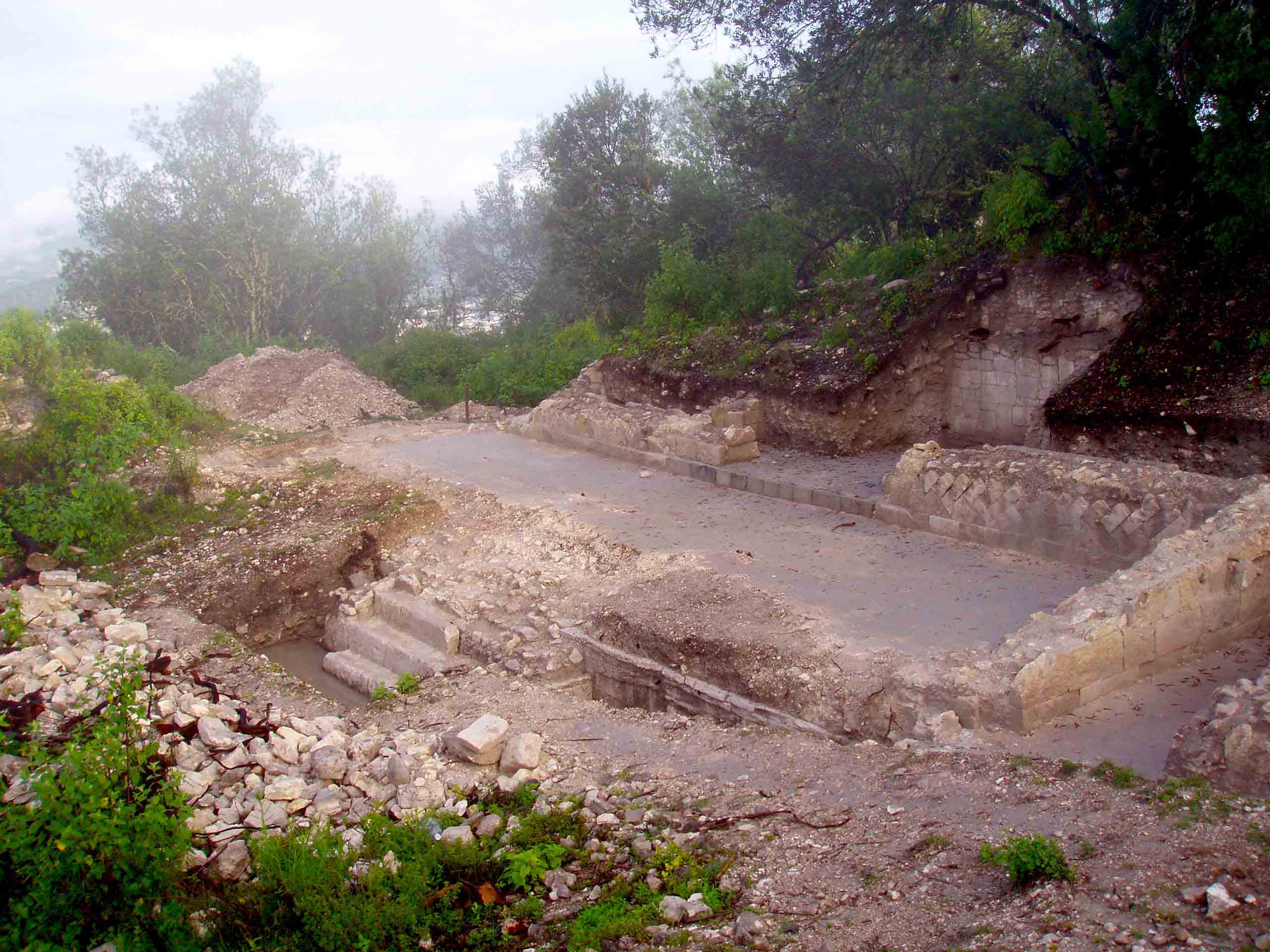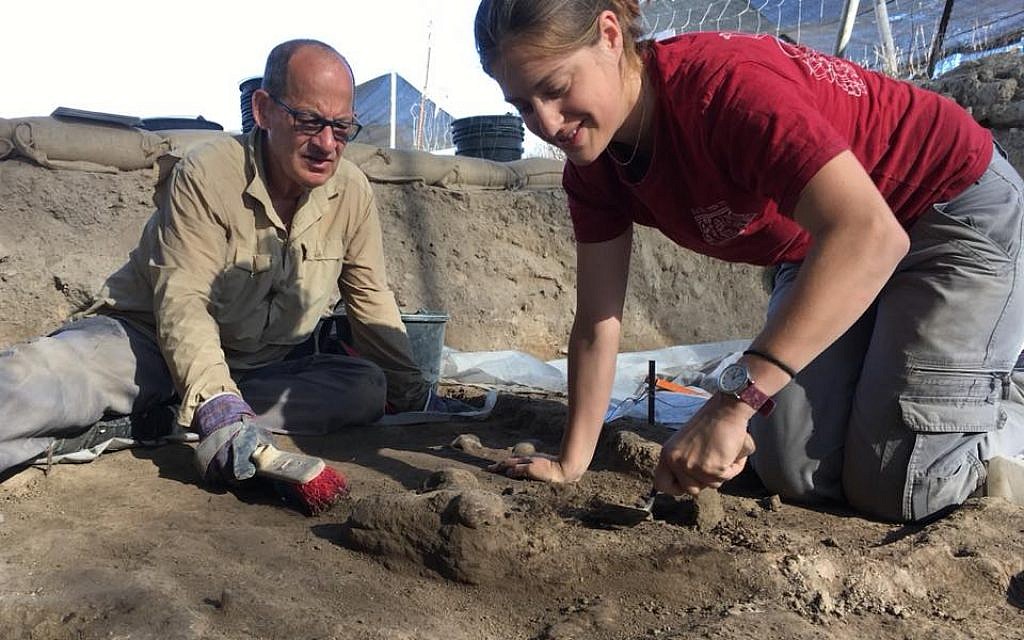
TEL TSAF, ISRAEL—According to a report in The Times of Israel, a team led by University of Haifa archaeologist Danny Rosenberg has unearthed new evidence for the transition to agriculture at the village site of Tel Tsaf in the Jordan Valley around 7,500 years ago. Excavations at levels dating to this period have yielded evidence of agriculture in the form of the remains of olives, grains, and beans, but almost no evidence for hunting. “A thousand years earlier, the flesh of hunted animals is still a major component of our ancestors’ diet,” says Rosenberg. “A few hundred years later, we already find evidence that hunting is becoming more marginal.” This summer, Rosenberg’s team also uncover a roasting pit containing a nearly complete skeleton of a pig, possible evidence of a community-wide festival. To read about an unusual artifact excavated at Tel Tsaf, go to "World Roundup: Israel."


